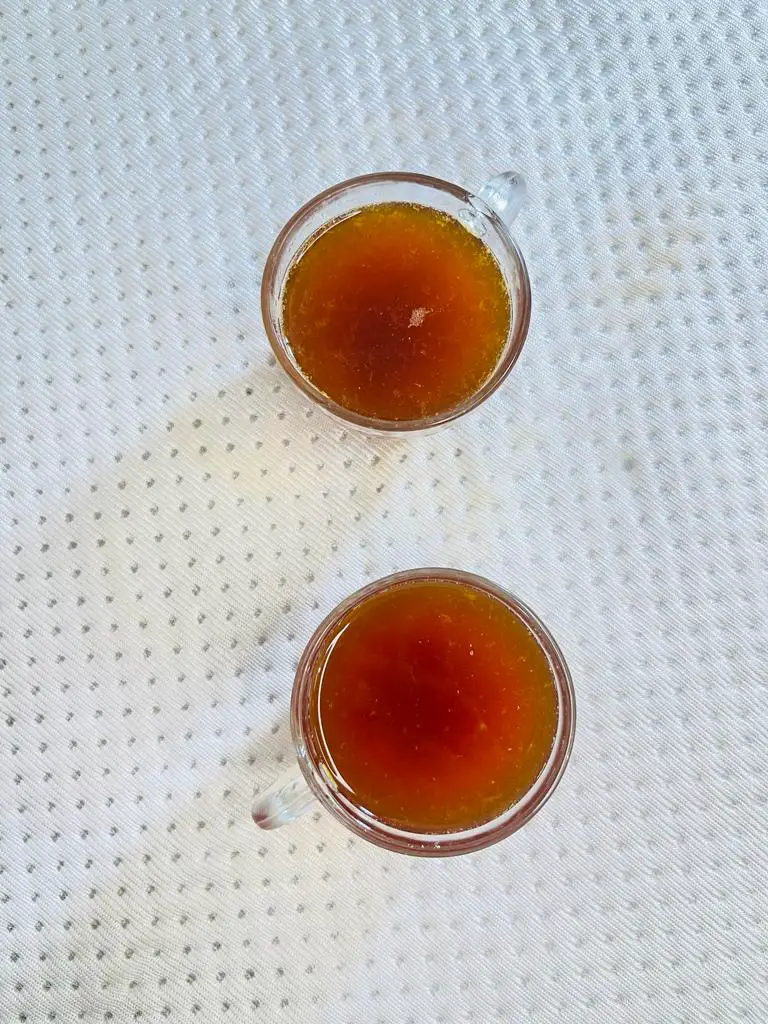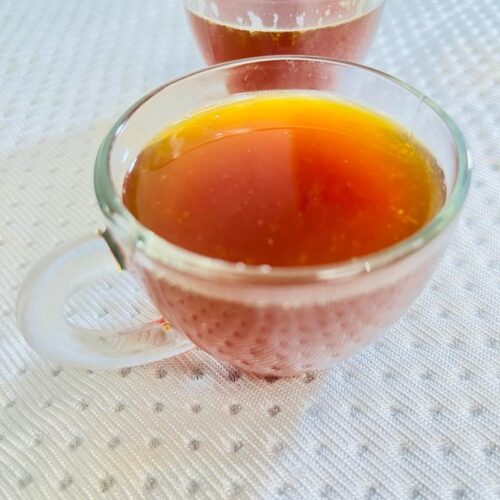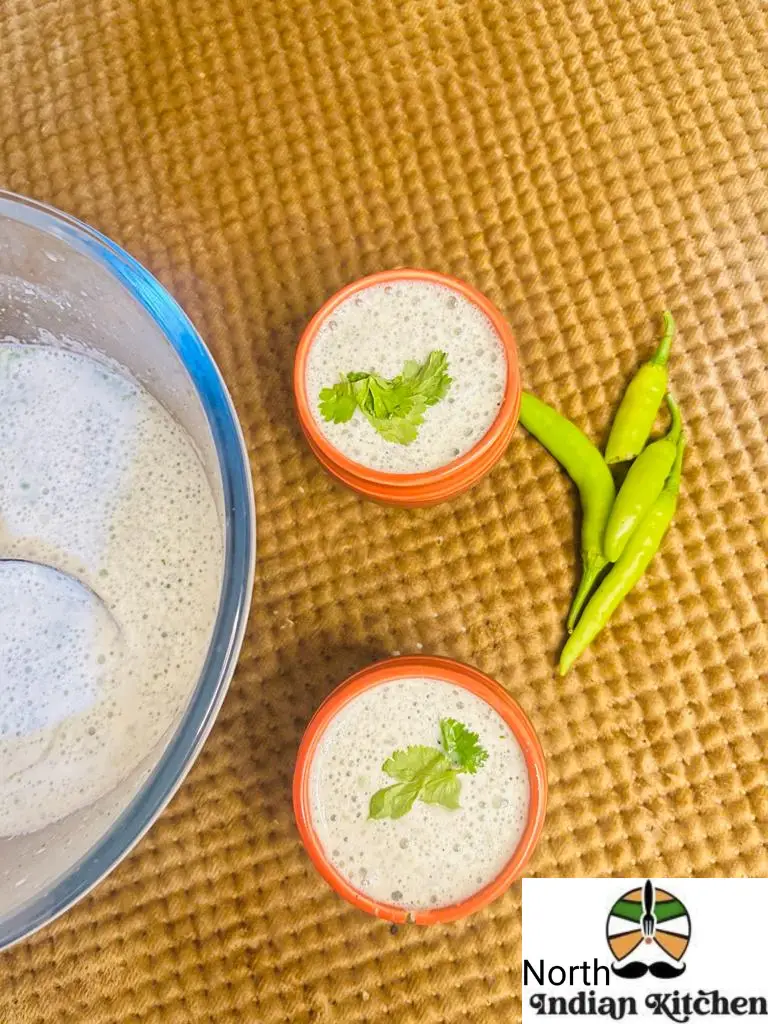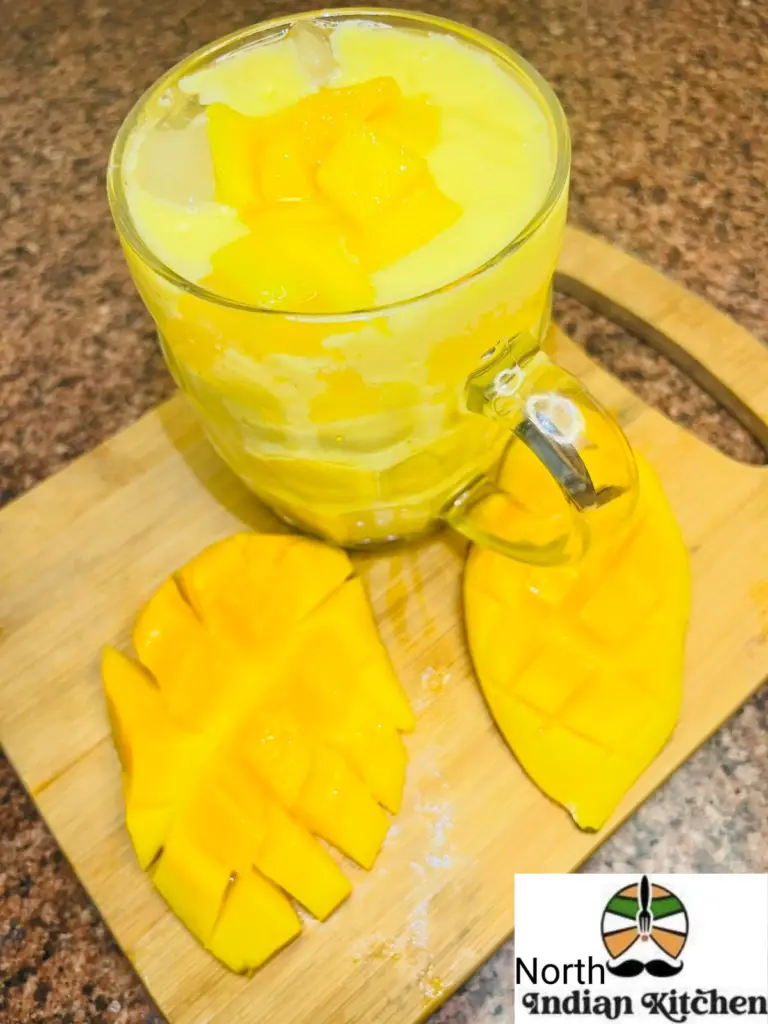Starbucks Black Tea Drinks | Homemade Black Tea Recipe | Indian Black Tea
In a world filled with a vast array of teas, black tea stands out as a timeless classic with its bold flavor and deep, alluring color. This beloved beverage has a fascinating history and offers a multitude of health benefits. Join us on a delightful journey through the captivating world of starbucks black tea drinks as we explore its origins, varieties, and the many reasons why it continues to enchant tea lovers across the globe.
Origin of Black Tea
The roots of black tea can be traced back to ancient China, where the story of tea began. According to legend, in 2737 BCE, Emperor Shen Nong discovered tea when tea leaves accidentally fell into his pot of boiling water. This serendipitous encounter led to the emergence of tea as a cherished beverage in Chinese culture.
Initially, only green tea was produced, but it was during the Ming Dynasty (1368-1644) that the unique process of making black tea was perfected. The technique involves fully oxidizing the tea leaves, which imparts the distinct dark color and robust flavor that we associate with black tea today. With time, this delightful brew found its way to neighboring regions, eventually captivating the taste buds of people around the world.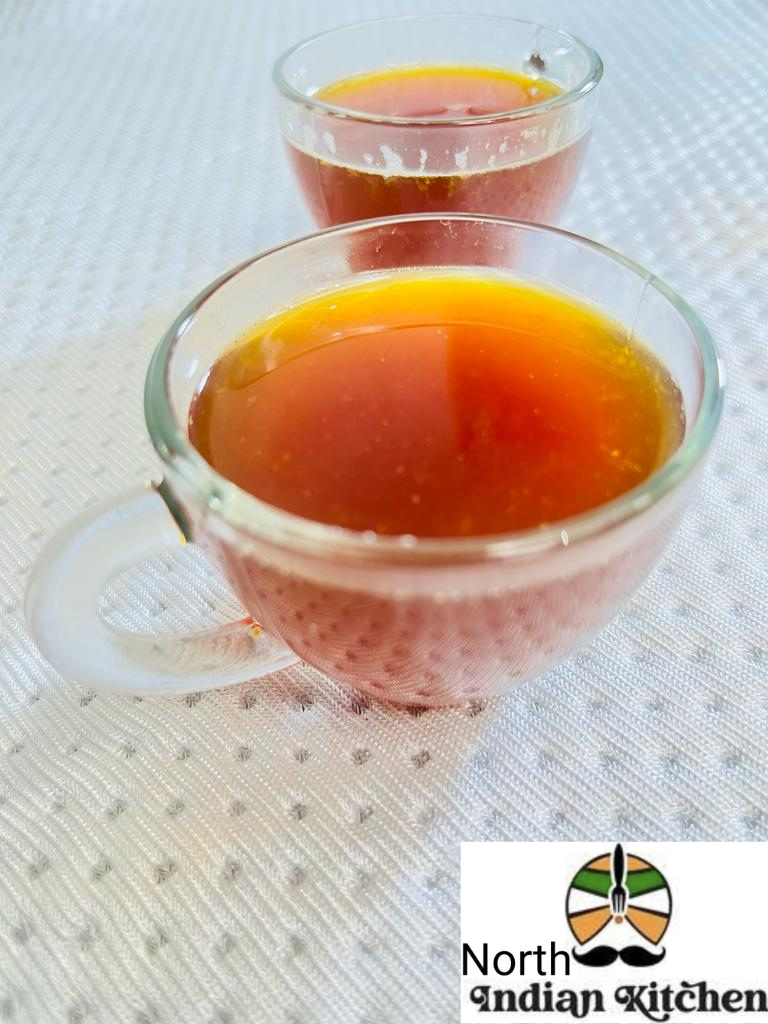
Varieties of Black Tea
As black tea gained popularity worldwide, various regions adopted their unique cultivation and processing methods, giving rise to a delightful array of black tea varieties. Some of the most famous ones include:
Assam: Grown in the fertile plains of Assam, India, this robust and malty tea is known for its full-bodied flavor, making it an ideal choice for breakfast teas.
Darjeeling: Cultivated in the picturesque Darjeeling region of India, this “Champagne of Teas” offers a delicate and floral taste with a hint of muscatel, perfect for afternoon sipping.
Earl Grey: A classic blend of black tea infused with the essence of bergamot, a citrus fruit, resulting in a delightful and aromatic cup.
Ceylon: Hailing from Sri Lanka, Ceylon tea boasts a bright and brisk taste, often characterized by its citrusy notes.
Keemun: Originating from China, Keemun tea is renowned for its wine-like taste, smoky aroma, and complex layers of flavor.
Health Benefits of Black Tea
Beyond its exquisite taste, black tea offers an array of health benefits, making it a wise choice for health-conscious individuals:
Antioxidant Powerhouse: Black tea is packed with antioxidants, such as polyphenols and catechins, which help neutralize harmful free radicals in the body and support overall well-being.
Heart Health: Studies suggest that regular consumption of black tea may contribute to improved heart health by reducing the risk of heart disease and promoting healthy cholesterol levels.
Enhanced Digestion: The tannins present in black tea can aid digestion and soothe an upset stomach.
Mental Alertness: With a moderate amount of caffeine, black tea can offer a gentle boost of energy, sharpening focus and alertness.
Immune System Support: Black tea contains antimicrobial properties, which can bolster the immune system’s ability to fight off infections and viruses.
Brewing the Perfect Cup of Black Tea
Brewing black tea is an art that requires attention to detail to unlock its full potential. Follow these simple steps to savor the perfect cup:
- Choose Quality Tea: Opt for high-quality loose-leaf black tea to enjoy the full range of flavors and aromas.
- Water Temperature: Boil fresh, cold water and let it cool slightly to about 200-212°F (93-100°C) before pouring it over the tea leaves. Add 1 teaspoon sugar.
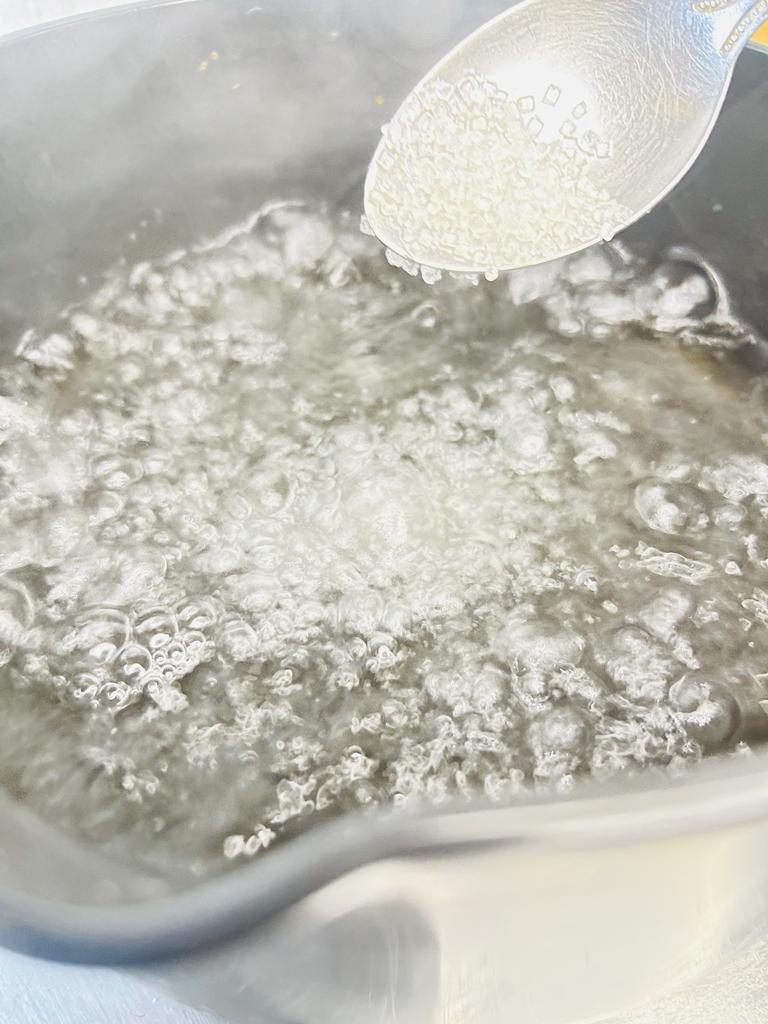
- Steeping Time: Depending on the type of black tea and your personal preference, add 1 teaspoon black tea leaves & steep the tea for 3-5 minutes. Be cautious not to over-steep, as it can result in bitterness.
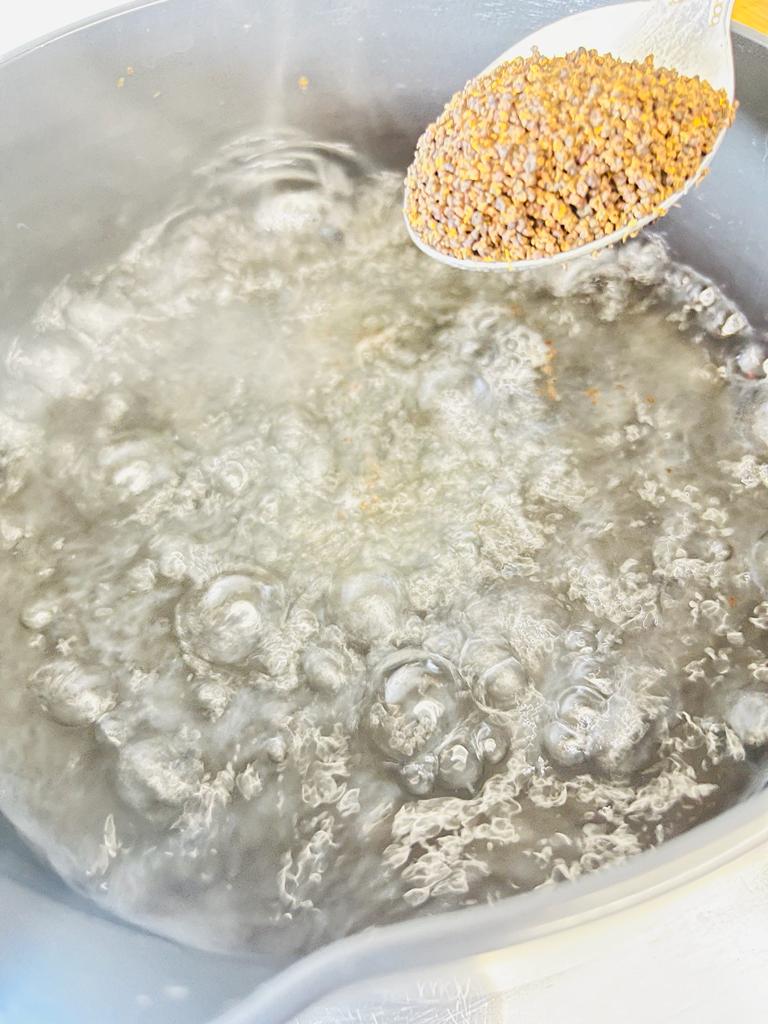
- Serve and Savor: Once steeped to perfection, pour the tea into your favorite cup and enjoy it as it is or with a splash of milk and a hint of sweetener.
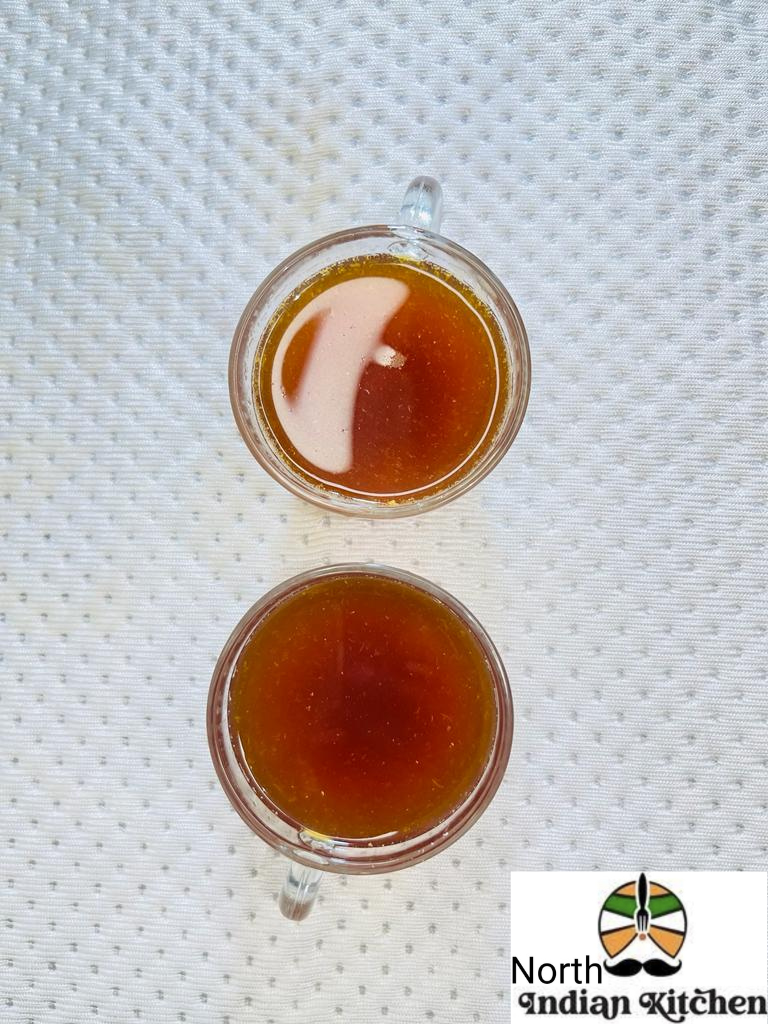
Expert Tips
Choose High-Quality Loose-Leaf Tea: For the best flavor and aroma, opt for high-quality loose-leaf black tea. Whole tea leaves provide a fuller and more complex taste compared to broken tea leaves found in tea bags.
Mind the Water Temperature: Black tea is best brewed with water that’s just below boiling point, around 200-212°F (93-100°C). Using water that’s too hot can result in a bitter or astringent taste.
Measure the Tea and Water: Use approximately 1 teaspoon (2-3 grams) of black tea per 8 ounces (240 ml) of water. Adjust the amount according to your taste preference.
Steeping Time Matters: Steep black tea for 3-5 minutes, depending on the variety and strength desired. Steeping for too long can lead to bitterness, while steeping too short might result in a weaker flavor.
Experiment with Steeping Time: Don’t be afraid to experiment with different steeping times to find the perfect balance of flavor that suits your taste buds.
Avoid Over-Steeping: If you want to save a cup of black tea for later, remove the leaves promptly after the appropriate steeping time to prevent over-extraction of flavors.
Embrace Different Varieties: Explore the world of black tea by trying various varieties like Assam, Darjeeling, Earl Grey, Ceylon, Keemun, and more. Each variety offers a unique flavor profile worth experiencing.
Store Tea Properly: To preserve freshness and flavor, store black tea in an airtight container away from light, heat, and moisture. Avoid storing tea near strong-smelling items as tea can absorb odors.
Consider Water Quality: The quality of water used can significantly impact the taste of your tea. If your tap water has a strong taste or odor, consider using filtered water for a better tea experience.
Enjoy Black Tea Plain: To fully appreciate the flavors of black tea, try drinking it without milk or sweeteners. This allows you to savor the nuances and complexities of the tea.
Pair with Food: Black tea pairs well with a variety of foods. Experiment with different cuisines and dishes to find complementary flavors that enhance your tea-drinking experience.
Reuse Tea Leaves for Multiple Infusions: High-quality loose-leaf black teas can often be steeped multiple times. Experiment with multiple infusions to discover how the flavors evolve with each brew.
Mind the Caffeine Content: While black tea has less caffeine than coffee, it still contains caffeine. If you’re sensitive to caffeine, consider opting for decaffeinated black tea or limiting consumption in the evenings.
Appreciate the Ritual: Embrace the preparation of black tea as a meditative ritual. Taking a few moments to steep and savor your tea can bring a sense of calm and enjoyment to your day.
Share the Experience: Black tea is a beverage best enjoyed with company. Share the joy of tea with friends and family, and explore the world of tea together.
FAQs
Q. What is black tea?
A. Black tea is a type of tea made from the leaves of the Camellia sinensis plant. It undergoes a complete oxidation process, resulting in a dark color and robust flavor.
Q. How is black tea different from other types of tea?
A. The main difference between black tea and other types of tea, such as green, white, and oolong tea, lies in the oxidation process. Black tea is fully oxidized, while green tea is minimally oxidized, white tea is barely oxidized, and oolong tea falls between green and black tea in terms of oxidation.
Q. What are the health benefits of black tea?
A. Black tea contains antioxidants that can help neutralize free radicals in the body, potentially reducing cell damage. It has also been associated with improved heart health, mental alertness, digestive benefits, and immune system support.
Q. How much caffeine does black tea contain?
A. The caffeine content in black tea varies depending on the type and how it’s brewed. On average, an 8-ounce cup of black tea contains around 40-70 mg of caffeine. Decaffeinated black tea is also available, which contains significantly less caffeine.
Q. Can I drink black tea if I’m sensitive to caffeine?
A. If you’re sensitive to caffeine, you can still enjoy black tea by opting for decaffeinated varieties or limiting consumption to smaller quantities. Decaffeinated black tea has significantly reduced caffeine content.
Q. How should I store black tea to maintain freshness?
A. To preserve the freshness and flavor of black tea, store it in an airtight container away from light, heat, and moisture. Avoid storing tea near strong-smelling items, as tea can absorb odors.
Q. Can I steep black tea multiple times?
A. High-quality loose-leaf black teas can often be steeped multiple times. After the initial steeping, you can re-infuse the tea leaves for additional cups, experiencing how the flavor evolves with each brew.
Q. Is it necessary to add milk and sweeteners to black tea?
A. While many people enjoy black tea with milk, sugar, honey, or other sweeteners, it is not necessary. Black tea can be appreciated for its natural flavors and complexities without any additions.
Q. What’s the best water temperature for brewing black tea?
A. Black tea is best brewed with water just below boiling point, around 200-212°F (93-100°C). Water that’s too hot can result in a bitter taste, while water that’s too cool might not fully extract the tea’s flavors.
Q. Are there different varieties of black tea?
A. Yes, there are numerous varieties of black tea, each with its own unique flavors and characteristics. Some well-known black tea varieties include Assam, Darjeeling, Earl Grey, Ceylon, and Keemun.
Q. Is black tea gluten-free?
Black tea is naturally gluten-free. However, flavored black teas or blends may contain added ingredients that could potentially contain gluten. Always check the packaging for allergen information if you have gluten sensitivity.
Liked this recipe? Try our Other Tea Recipes !
Please be sure to rate this recipe or leave a comment below if you have made it. For more vegetarian & non – vegetarian inspirations, Sign Up for my emails or follow me on Instagram, Youtube, Facebook, Pinterest or Twitter.
Black tea Recipe Card
Equipments
Ingredients
- 2 cups Water
- 1 teaspoon Sugar
- 1 teaspoon Black Tea leaves
Instructions
- Boil fresh, cold water and let it cool slightly to about200-212°F (93-100°C) before pouring it over the tea leaves. Add 1 teaspoon sugar.2. Depending on the type of black tea and your personal preference, add 1 teaspoon black tea leaves & steep the tea for 3-5minutes. Be cautious not to over-steep, as it can result in bitterness.3. Once steeped to perfection, pour the tea into your favorite cup and enjoy it as it is or with a splash of milk and a hint of sweetener.
Video
Notes
- Don't overboil tea water as it will harm the tea fragrance as well as its texture.
- You can use normal tea leaves or green tea leaves as per your liking.
- You can use jaggery powder as sweetener.

